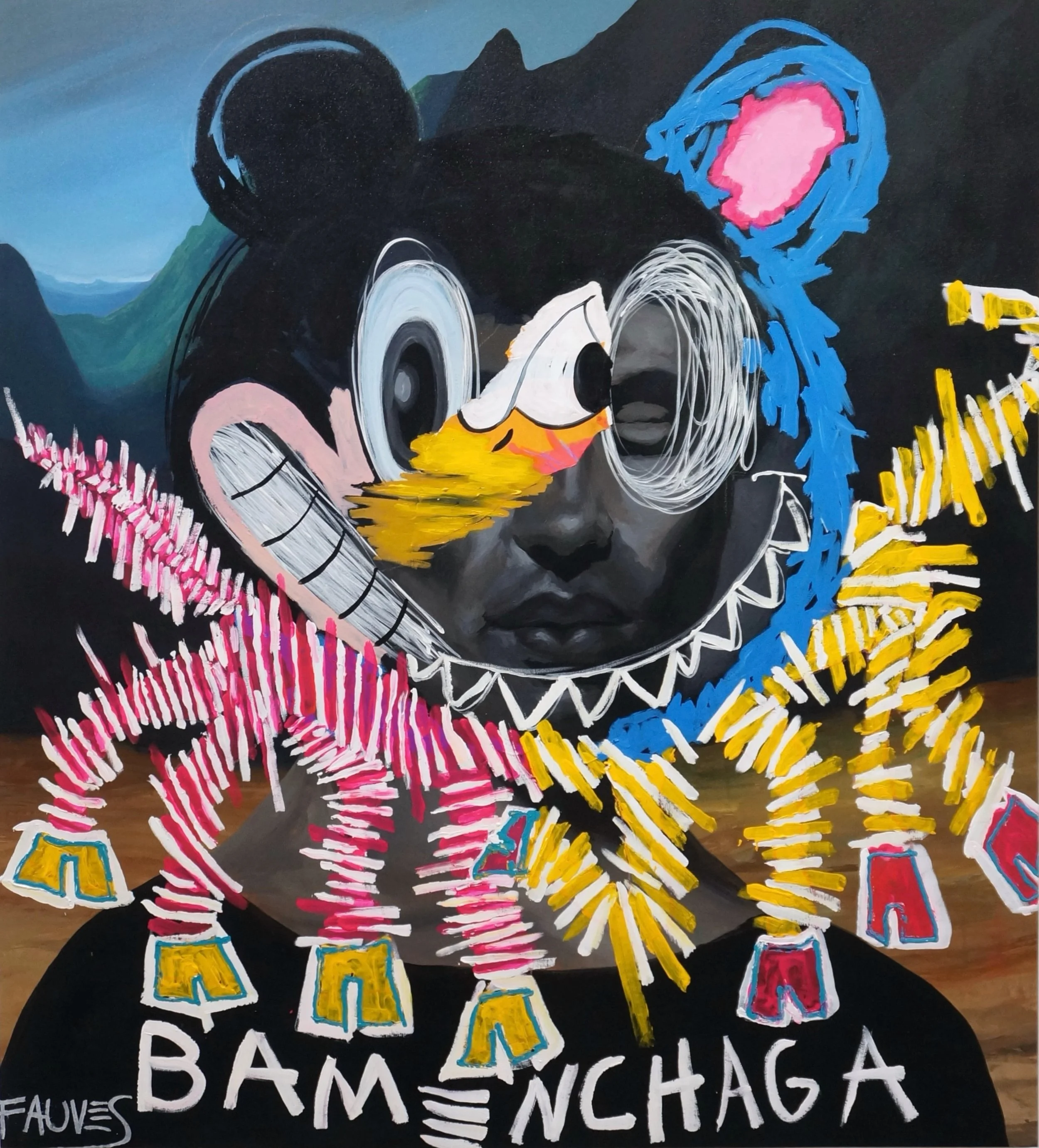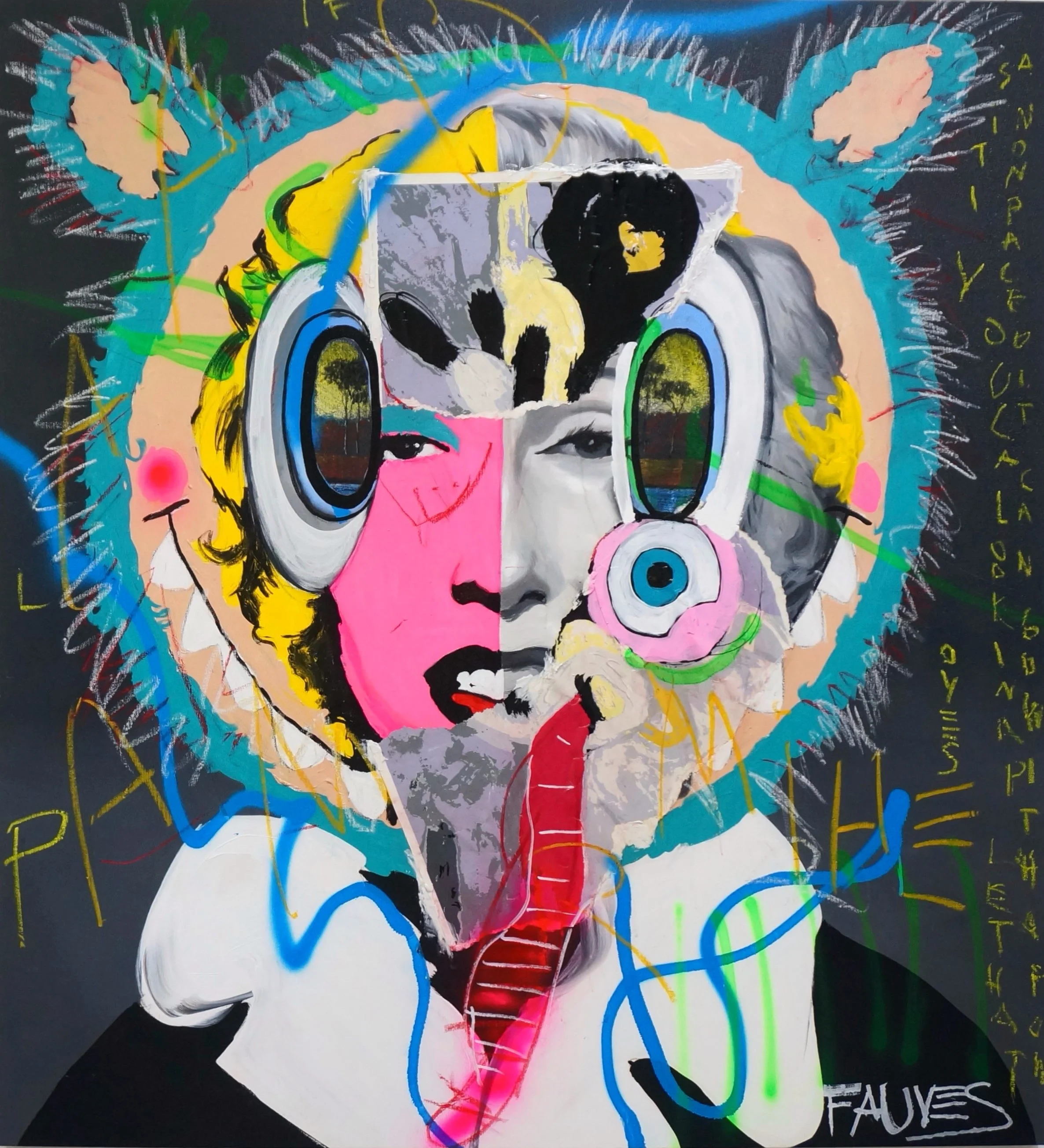Cheap Dopamine: When Pleasure Becomes Disposable
In today’s world, gratification has never been easier to find. A new toy, a trending product, a viral cultural moment—each promises excitement, but only for a fleeting instant. Once the thrill fades, we move on, discarding what no longer sparks our attention.
Cheap Dopamine, the latest project by John Paul Fauves, confronts this restless cycle of consumption with both wit and urgency. It explores how humanity’s pursuit of instant highs—from childhood treasures to adult possessions—leaves us trapped in patterns of competition, comparison, and disposability. Fauves exposes how the very things that once brought joy quickly lose their magic, leaving us craving the next fix.
Symbols of a Disposable Culture
At the heart of the series are two powerful symbols: trash bags and Labubu, a character often tied to playful consumption and trend-driven desire. In Fauves’ vision, the trash bag is no longer mundane—it becomes a mirror of our throwaway culture, a metaphor for what we abandon when novelty fades. As the artist insists: “Trash is not trash until we create it.”
Within these painted bags, Fauves inserts an unexpected twist: eyes that open onto luminous landscapes. These hidden visions serve as quiet reminders that beauty, nature, and meaning still exist—even in the overlooked, the discarded, the forgotten. By revealing landscapes where we expect only waste, Fauves disrupts our assumptions and challenges us to reimagine what we label as “trash.”
The Trap of Cheap Dopamine
The project confronts a question that feels particularly urgent in today’s cultural climate: are we addicted to the chase for temporary pleasure, numbing ourselves with “cheap dopamine,” instead of cultivating lasting joy and collective well-being?
In a world where social media scrolls, consumer trends, and fleeting experiences dominate our daily rhythms, Fauves forces us to slow down. His work highlights the subconscious patterns that dictate how we assign value—reminding us that much of what we discard has more to reveal if we allow ourselves to look closer.
A Call Beyond Critique
Ultimately, Cheap Dopamine is more than a critique of consumption—it is a call to awareness. Fauves urges viewers to step outside cycles of shallow distraction and step into a conscious presence—one rooted in unity, appreciation, and meaning that cannot be discarded.
This collection is both a mirror and an invitation: a mirror reflecting the restless patterns of our time, and an invitation to imagine another way of being. One where we do not measure our worth by fleeting possessions or the next trend, but by how deeply we connect with each other, with nature, and with the enduring beauty hidden beneath the surface of things.





